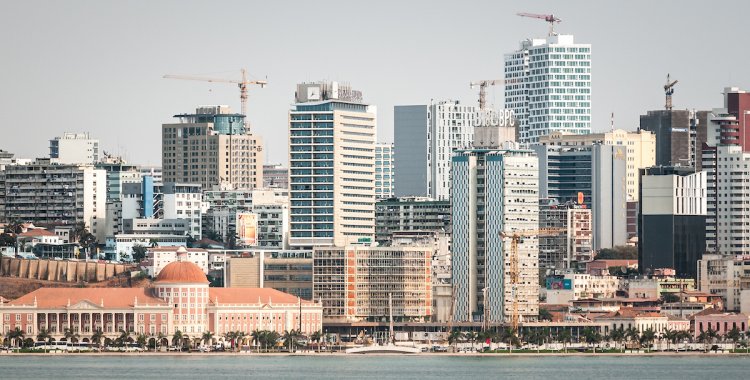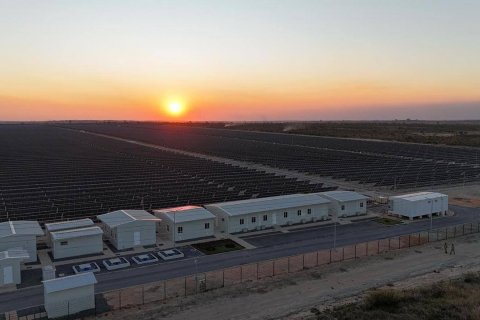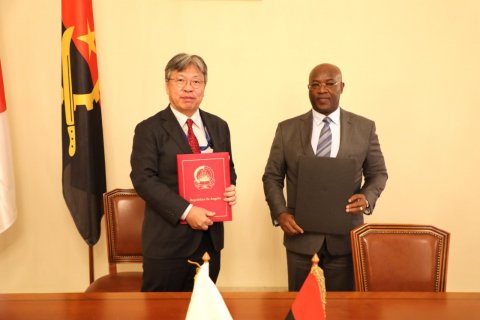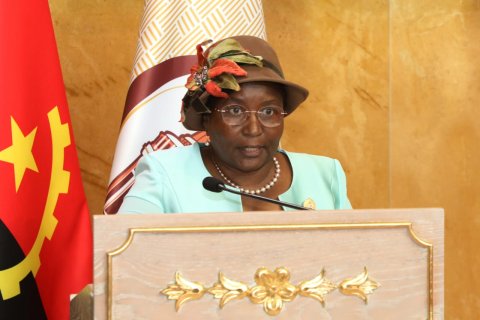"We believe that the risk of default is still low, but the return to the markets seems more likely in 2025, after the lack of foreign currency is overcome, and Angola convinces the markets that it will meet external debt payments in foreign currency in the next year", writes Evghenia Sleptsova in an analysis of the African countries that could return to the markets this year.
"Angola, despite its positive current account and larger reserves than its peers, faces a shortage of liquidity, in part due to renewed debt payments to China; the lack of foreign exchange that led to the 35 percent devaluation of the kwanza in June was followed by a hoarding by the Treasury to honor external payments", adds the analyst.
In the analysis sent to clients of the African department of this British consultant, and to which Lusa had access, Evghenia Sleptsova divides the countries into those that need and can, and those that need but cannot issue external debt in the financial markets.
"We assessed which of the 15 emerging countries with high interest rates could return to the markets this year using a rigorous framework that classifies each of them based on their ability to issue debt in dollars and the urgency with which they need financing" explains the analyst, pointing out that those with high needs but little issuance capacity include Angola, Gabon, El Salvador, Mozambique, Suriname and Egypt", and stressing that "only Angola, due to the lack of willingness to sign a program with the International Monetary Fund (IMF) and due to liquidity constraints in foreign currency, it may have to go to the market this year despite facing high debt costs".
Sub-Saharan African countries began issuing public debt in the financial market again this year, after more than two years of avoiding this type of commercial financing due to the high interest rates that investors charged to purchase their debt.
Since January, Côte d'Ivoire, Benin and Kenya have already issued debt, always with interest rates below 10 percent, and Jordan, Nigeria and Cameroon are also expected to follow the same path soon.
Among the countries with high financing needs, but little capacity to do so, Oxford Economics also points to Egypt and Mozambique, both with the highest risk of default, and considering that the Portuguese-speaking country is not expected to issue 'Eurobonds' this year.
"Mozambique should not seek to access conventional financial markets to issue 'Eurobonds', but the country is preparing issues of green and blue debt securities to meet financing needs", concludes Evghenia Sleptsova.
Green or blue debt refers to debt issues that meet environmental, social and governance (ESG) improvement criteria, and have been increasingly frequent in the context of combating climate change, which means that they have a lower interest rate than the commercial ones and embrace a new class of investors who are looking not only for profit, but also for socially responsible financing.
Last week, the Mozambican Government highlighted that it plans to use public and private financing to support investments of 80 billion dollars (73 billion euros) of the Energy Transition Strategy (ETS) until 2050, including issuing sovereign debt, confirming the announcement made at the end of last year, at COP28.







